Soroptimist Conference 2024
On Friday (1st November), of conference it was dedicated to Education – the first “E” of the theme Education, Empowerment, Enable. Ann Beatty is the Chief Executive of the Steve Sinnott Foundation (SSF) and was one of the key speakers at the conference.
The focus is on education as a human right for all. I’m proud to write this blog on Ann Beatty’s talk at the SIGBI Conference because Ann is a member of my Club – Soroptimist International St Albans & District.
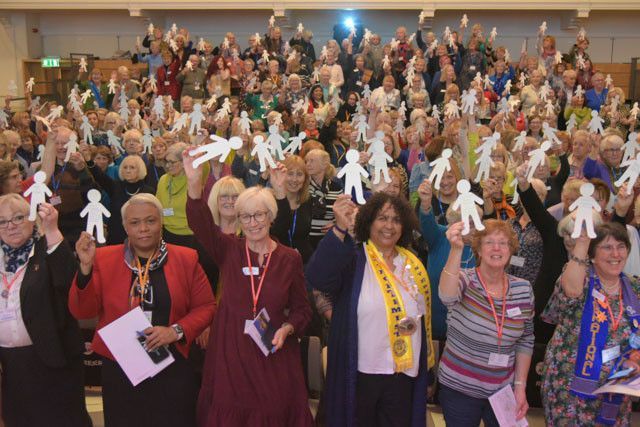
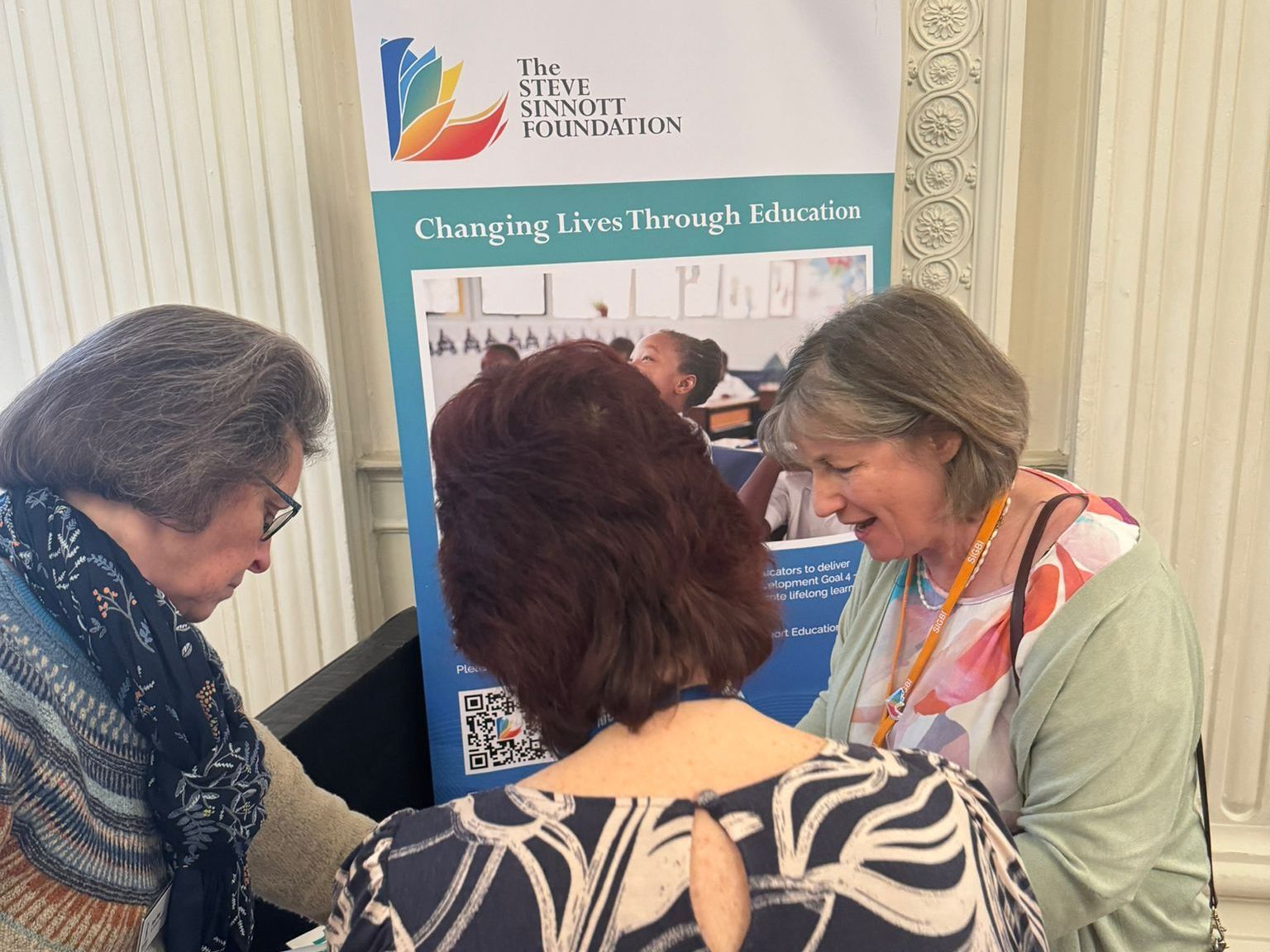
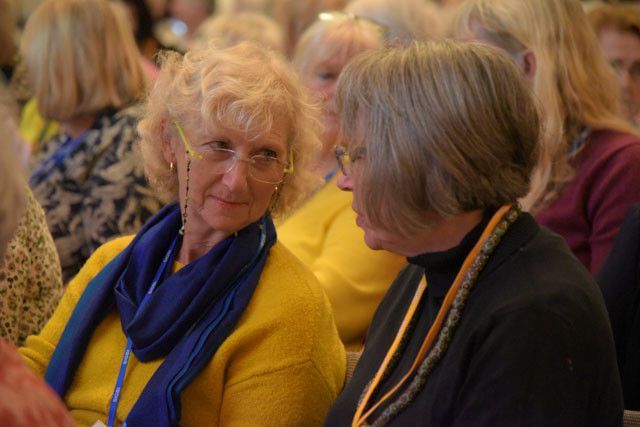
During lockdown SSF produced online learning – including age-appropriate training “Building Healthy Relationships” – click here for more: stevesinnottfoundation.org.uk/resources
To support the charity there is a range of gifts starting at £5 – a great idea for Christmas! .stevesinnottfoundation.org.uk/gifts
SIGBI President Ruth Healey thanked Ann and said “everything starts with education”. Hear, hear!
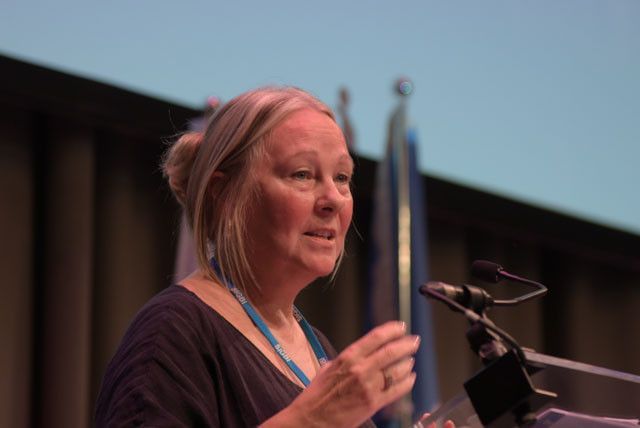
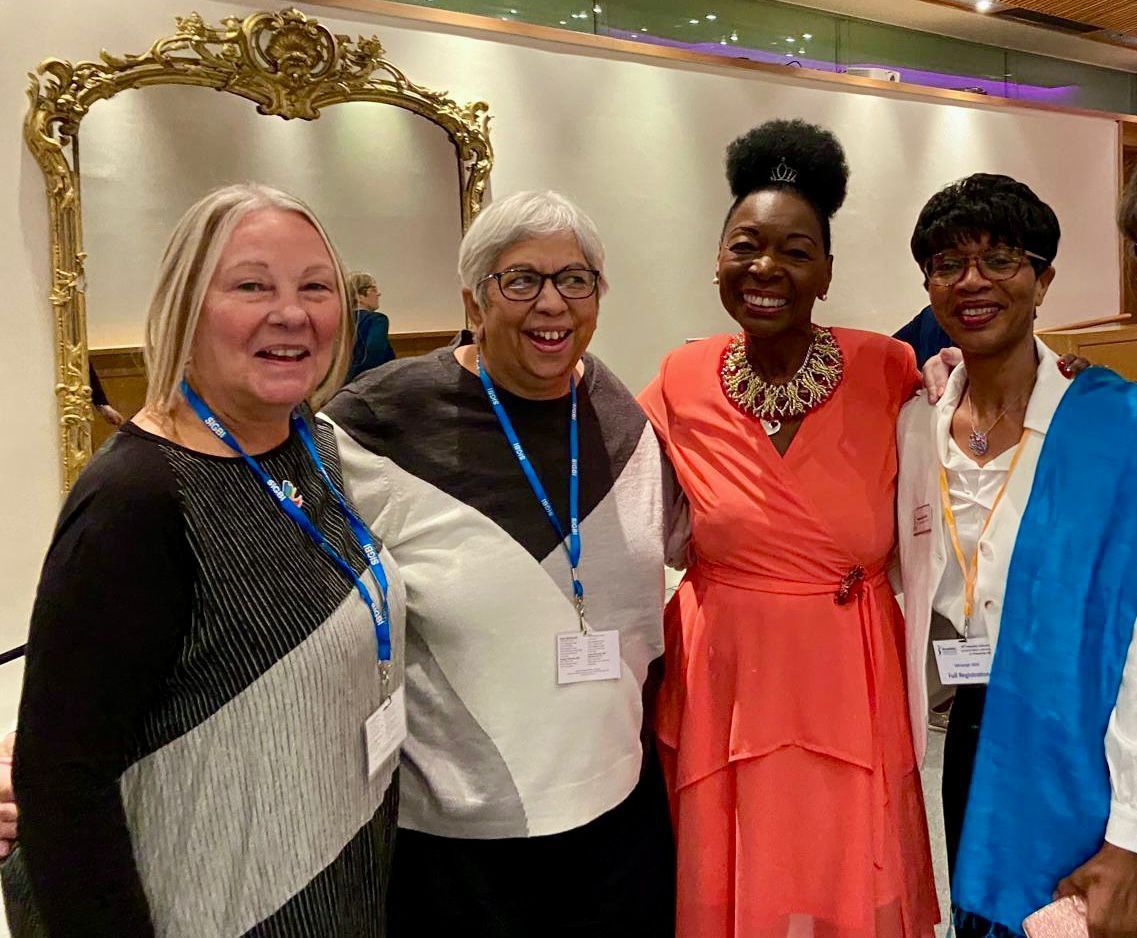
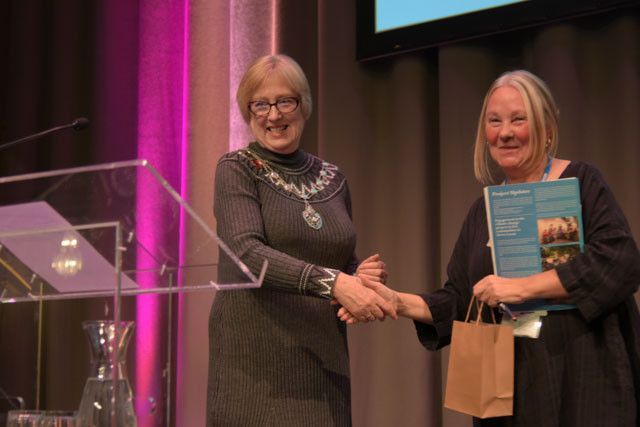



Lord Lieutenants Charity HubWarner Brothers StudiosSuite 23, Building 6, Hercules Way,LeavesdenWD25 7GS
Learn More
0208 013 9616
All Rights Reserved | The Steve Sinnott Foundation

